In the ever-evolving landscape of logistics and transportation, maintaining optimal temperature control within reefer vans is paramount. At CarMax Vehicle, we understand that the efficacy of a reefer van hinges significantly on its insulation. This guide delves deep into the intricacies of reefer van insulation, exploring materials, techniques, benefits, and maintenance practices to ensure your refrigerated transport solutions remain unparalleled.
Understanding the Importance of Reefer Van Insulation
Ensuring Temperature Stability
The primary function of a reefer van is to maintain specific temperature ranges essential for transporting perishable goods. Effective insulation acts as a barrier, minimizing temperature fluctuations caused by external weather conditions and internal refrigeration systems. This stability is crucial for preserving the quality and safety of goods ranging from fresh produce to pharmaceuticals.
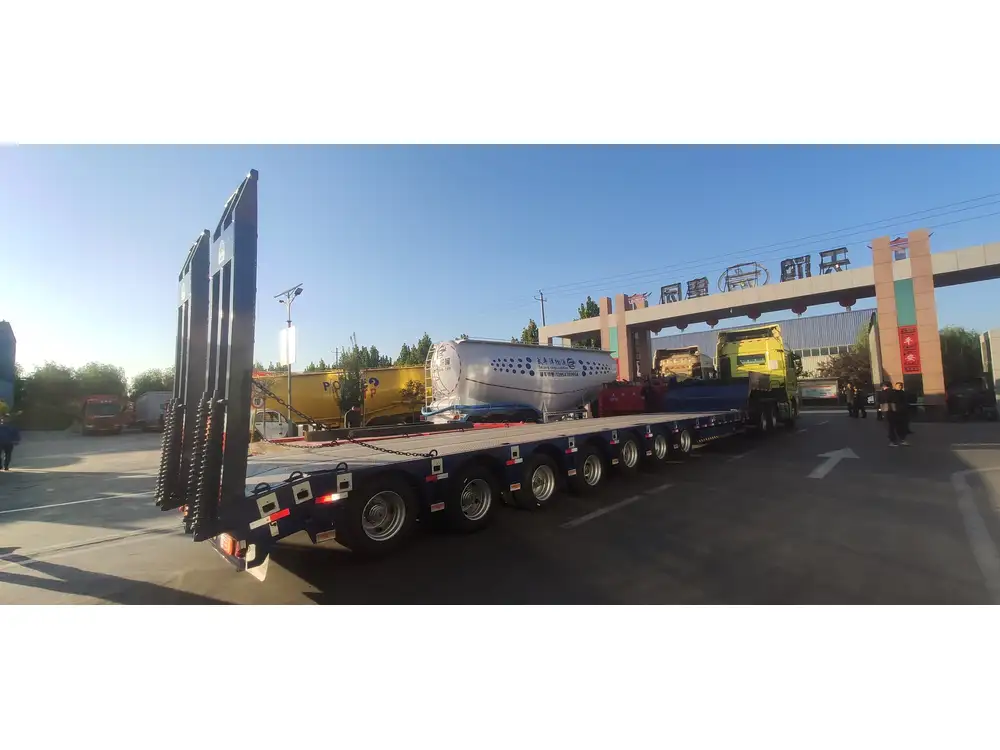
Enhancing Energy Efficiency
Proper insulation reduces the workload on refrigeration units by minimizing heat ingress. This leads to lower energy consumption, translating to significant cost savings over the lifespan of the fleet. Enhanced energy efficiency not only benefits the bottom line but also contributes to a reduction in the carbon footprint, aligning with global sustainability goals.
Protecting Cargo Integrity
Fluctuating temperatures can compromise the integrity of sensitive cargo. Robust insulation ensures that goods remain within their required temperature ranges, preventing spoilage and extending shelf life. This reliability fosters trust with clients, reinforcing your reputation for delivering quality and dependable services.
Types of Insulation Materials for Reefer Vans
Selecting the right insulation material is pivotal for achieving optimal performance. Below, we explore the most commonly used materials in the industry, highlighting their properties and suitability.
| Insulation Material | Thermal Conductivity (W/m·K) | Pros | Cons |
|---|---|---|---|
| Polyurethane Foam | 0.02 | Excellent thermal resistance, lightweight | Higher cost, flammable without additives |
| Polystyrene (EPS/XPS) | 0.03-0.04 | Cost-effective, moisture-resistant | Less flexible, lower thermal performance |
| Fiberglass | 0.04 | High availability, non-flammable | Requires protective coverings, potential health hazards |
| Reflective Insulation | N/A | Reflects radiant heat, lightweight | Less effective in fluctuating temperatures |
| Natural Fiber Insulation | 0.04-0.05 | Eco-friendly, sustainable | Higher moisture susceptibility, variable performance |

Polyurethane Foam
Polyurethane foam stands out for its superior thermal resistance and lightweight properties. Its closed-cell structure provides excellent insulation efficiency, making it a preferred choice for high-performance reefer applications. However, it requires careful handling due to its flammability unless treated with appropriate fire retardants.
Polystyrene (EPS/XPS)
Expanded Polystyrene (EPS) and Extruded Polystyrene (XPS) are widely used for their cost-effectiveness and moisture-resistant properties. While EPS offers good insulation at a lower cost, XPS provides higher compressive strength and better thermal performance, albeit at a slightly increased price point.
Fiberglass
Fiberglass insulation is valued for its widespread availability and non-flammable nature. It provides reliable thermal protection but necessitates the use of protective coverings during installation to prevent irritation and maintain efficacy. Its performance can be compromised if moisture penetrates the material.
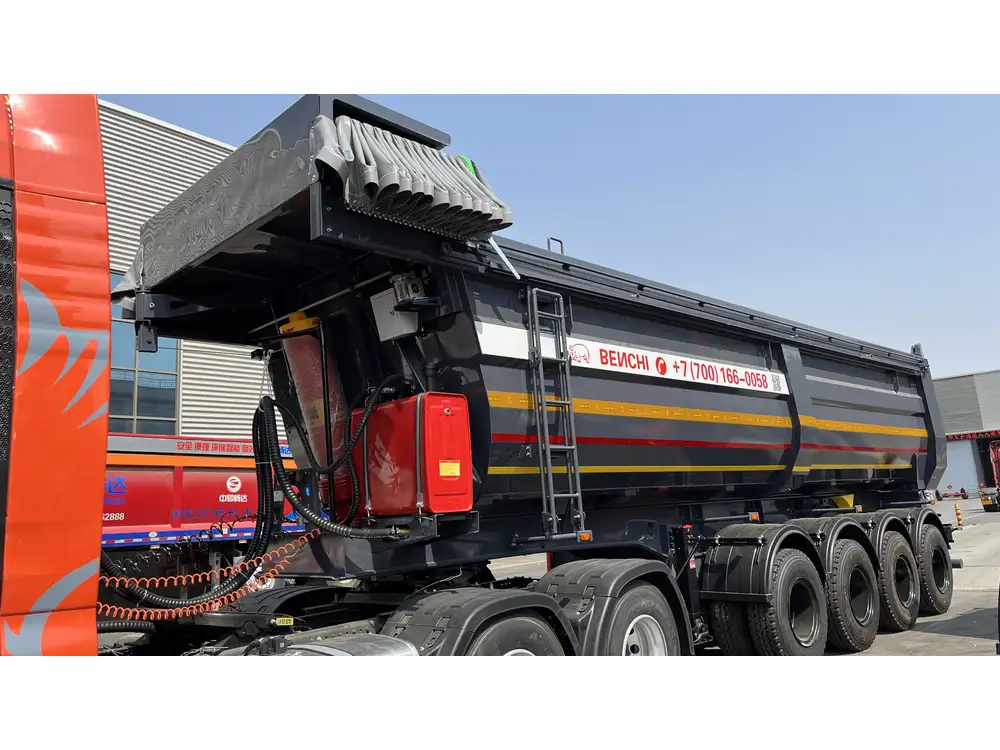
Reflective Insulation
Reflective insulation works by reflecting radiant heat away from the cargo area. It is lightweight and easy to install, making it suitable for applications where weight is a concern. However, it is less effective in environments with fluctuating temperatures, where conductive and convective heat transfer are predominant.
Natural Fiber Insulation
For those prioritizing sustainability, natural fiber insulation offers an eco-friendly alternative. Materials such as sheep’s wool or cellulose provide reasonable thermal performance with a smaller environmental footprint. However, they may require additional treatments to enhance moisture resistance and thermal stability.
Benefits of High-Quality Reefer Van Insulation

Improved Cargo Preservation
Superior insulation ensures that temperature fluctuations are minimized, thereby safeguarding the integrity of perishable goods. This level of preservation is critical for industries such as food and pharmaceuticals, where product quality directly impacts consumer safety and satisfaction.
Cost Savings
Effective insulation reduces the energy demand on refrigeration units, leading to lower fuel consumption and operational costs. Over time, these savings accumulate, offering a substantial return on investment for fleet operators.
Enhanced Vehicle Performance
Lightweight insulation materials contribute to overall vehicle efficiency by reducing the load. This not only improves fuel economy but also enhances the vehicle’s handling and payload capacity, providing a competitive edge in the transportation market.

Regulatory Compliance
Adhering to industry standards and regulations regarding temperature control and energy efficiency is essential. High-quality insulation ensures compliance with these guidelines, avoiding potential fines and enhancing your company’s credibility.
Installation Techniques for Optimal Insulation
Proper installation is as crucial as the choice of insulation material. At CarMax Vehicle, we employ meticulous installation practices to ensure maximum efficiency and durability of insulated reefer vans.
Surface Preparation
Prior to insulation installation, the interior surfaces of the van must be thoroughly cleaned and prepared. Any existing coatings or contaminants should be removed to provide a smooth substrate for the insulation material, ensuring optimal adhesion and performance.
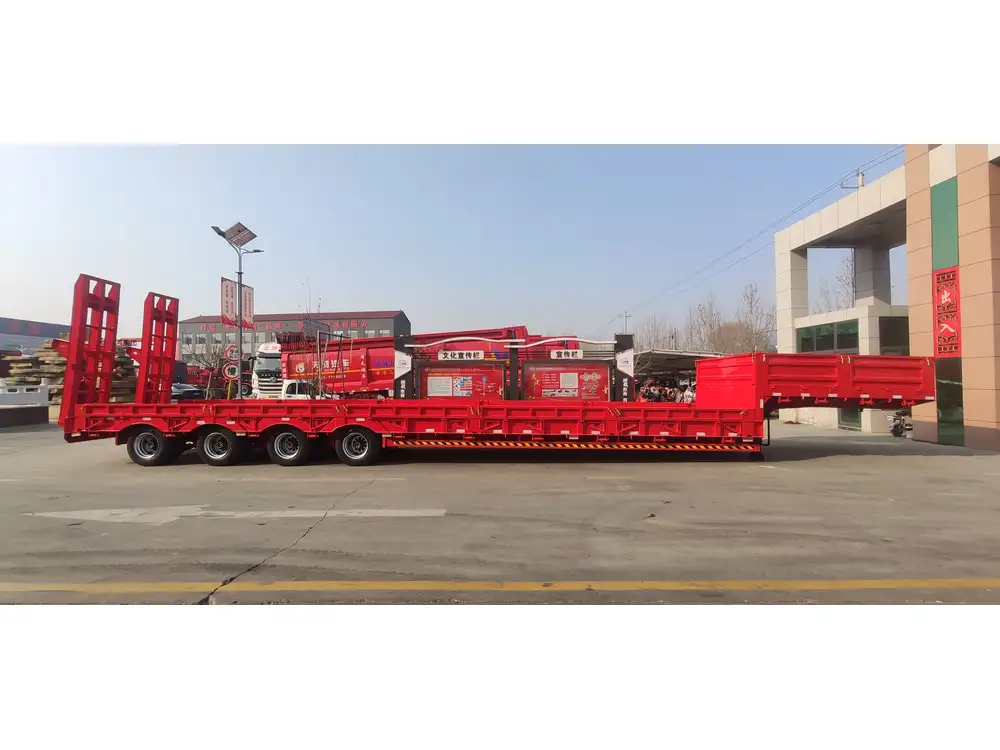
Layering Strategy
A multi-layered approach enhances insulation effectiveness. Typically, a base layer of rigid foam provides structural support and primary thermal resistance, followed by a reflective or flexible layer to address radiant and convective heat transfer.
Sealing and Vapor Barriers
Proper sealing around joints, doors, and windows is essential to prevent thermal bridging and moisture ingress. The application of vapor barriers helps in maintaining the integrity of the insulation by preventing condensation, which can degrade performance and promote mold growth.
Securing Insulation
Insulation materials must be securely fastened to prevent movement during transit, which could compromise thermal efficiency and lead to wear and tear. Mechanical fasteners or adhesive bonding are commonly used methods to ensure stability.
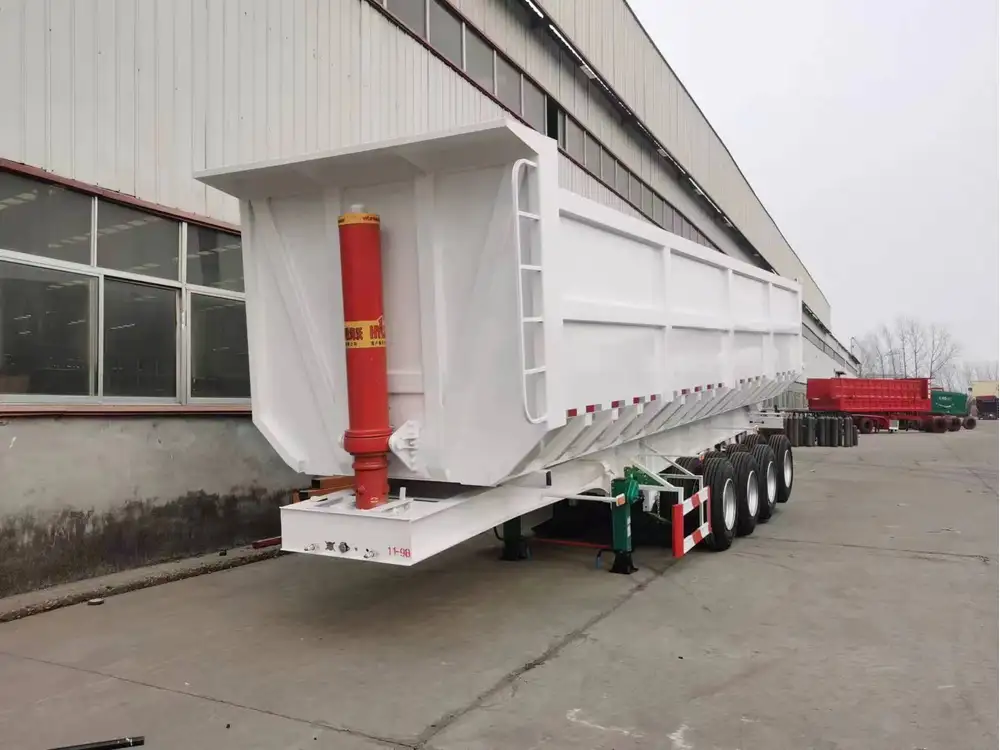
Quality Assurance
Post-installation inspections are conducted to verify the uniformity and completeness of the insulation. Any deficiencies are addressed promptly to uphold the high standards expected by our clients.
Comparing Insulation Materials: A Detailed Analysis
Choosing the right insulation material involves balancing thermal performance, cost, durability, and ease of installation. The following comparison elucidates the strengths and weaknesses of various materials to aid informed decision-making.
| Criteria | Polyurethane Foam | Polystyrene (EPS/XPS) | Fiberglass | Reflective Insulation | Natural Fiber |
|---|---|---|---|---|---|
| Thermal Performance | Excellent | Good to Excellent | Good | Moderate | Moderate |
| Cost | High | Low to Moderate | Low to Moderate | Low | Moderate to High |
| Weight | Lightweight | Lightweight | Heavier | Very Lightweight | Lightweight |
| Moisture Resistance | High (with additives) | High (XPS) | Low | High | Variable |
| Ease of Installation | Moderate | Easy | Moderate | Easy | Moderate |
| Durability | High | High | Moderate | Low to Moderate | Variable |
| Environmental Impact | Moderate | Low to Moderate | Low | Low | High (eco-friendly) |
Thermal Performance
Polyurethane foam leads the pack with its exceptional thermal resistance, making it ideal for environments requiring stringent temperature controls. Polystyrene variants follow closely, offering robust performance suitable for a wide range of applications. Fiberglass, while competent, trails slightly due to its susceptibility to moisture, which can impair its effectiveness.

Cost Considerations
Polystyrene materials are the most cost-effective, providing substantial insulation at a fraction of the price of polyurethane foam. Fiberglass is also economical, though the need for protective measures during installation can add to overall costs. Reflective and natural fiber insulations occupy the mid to high range, depending on the specific material and treatment required.
Weight and Ease of Installation
Reflective insulation shines in scenarios where weight is a critical factor, such as in lightweight or high-speed vehicles. Polyurethane and polystyrene foams also offer lightweight solutions, facilitating easier handling and installation. Fiberglass, conversely, is heavier and more cumbersome to work with, potentially increasing installation time and labor costs.
Moisture Resistance and Durability
Closed-cell polyurethane and XPS polystyrene provide excellent moisture resistance, safeguarding the insulation integrity against condensation and external humidity. Fiberglass and natural fibers are more vulnerable, necessitating additional protective barriers to maintain performance. In terms of durability, polyurethane foam and polystyrene offer long-lasting solutions, whereas reflective and natural fiber insulations may require more frequent maintenance.
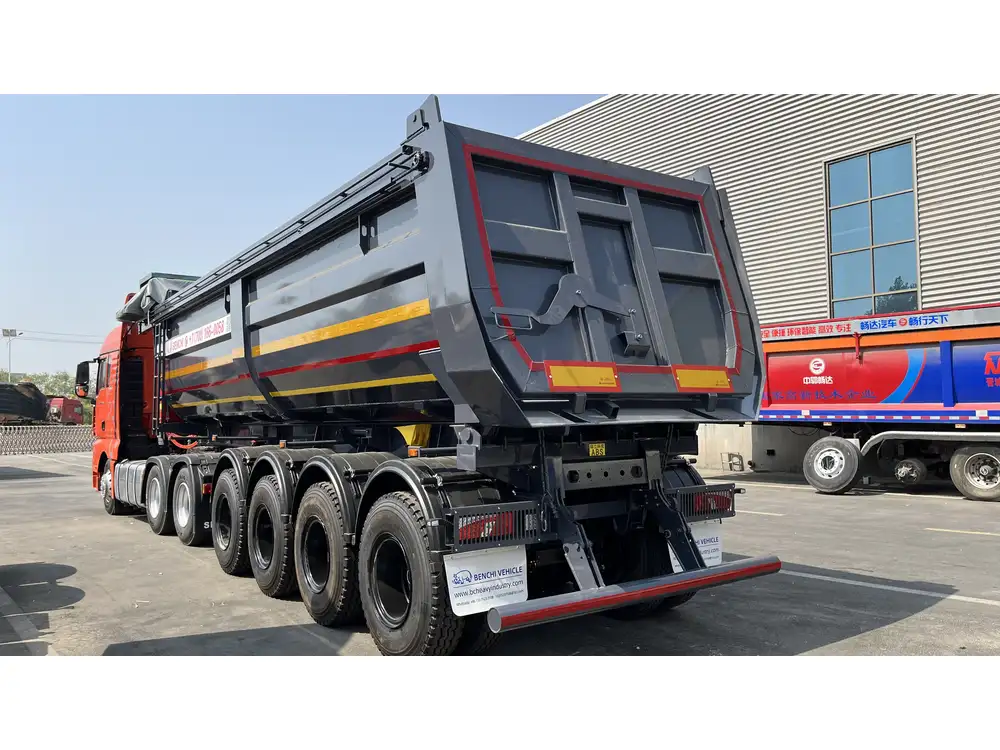
Environmental Impact
Natural fiber insulations score highest in sustainability, being derived from renewable resources with minimal environmental footprint. Polystyrene and polyurethane, while effective, pose environmental challenges related to production and disposal. Reflective insulations are generally low-impact but vary based on the specific materials used.
Maintenance Tips for Insulated Reefer Vans
Ensuring the longevity and efficacy of reefer van insulation requires regular maintenance and proactive care. Here are essential tips to keep your insulated fleet in prime condition:
Regular Inspections
Conduct routine inspections to identify any signs of damage, such as cracks, moisture ingress, or material degradation. Early detection allows for prompt repairs, preventing minor issues from escalating into costly replacements.
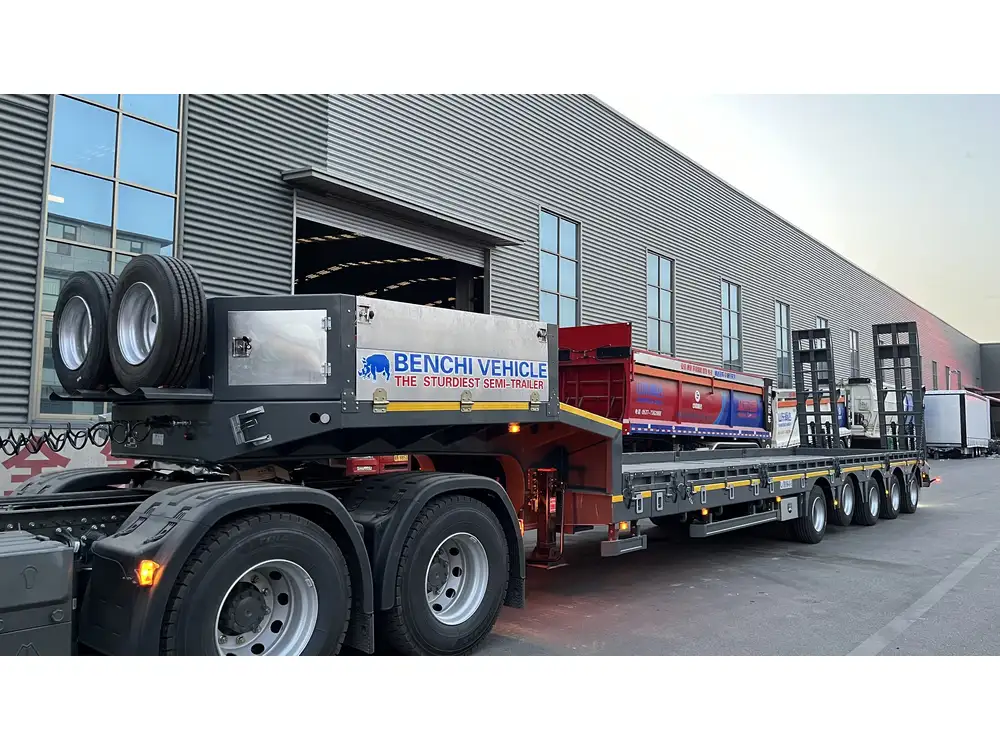
Cleaning Protocols
Maintain cleanliness within the insulated compartments to avoid the buildup of debris, which can compromise insulation performance. Use appropriate cleaning agents that do not degrade the insulation materials.
Moisture Control
Implement effective moisture control strategies, including the use of dehumidifiers and proper sealing techniques. Address any sources of water ingress promptly to prevent mold growth and material deterioration.
Thermal Audits
Periodic thermal audits help assess the insulation’s performance, ensuring that temperature stability is maintained. Utilize thermal imaging technology to detect any cold or hot spots that may indicate insulation inefficiencies.
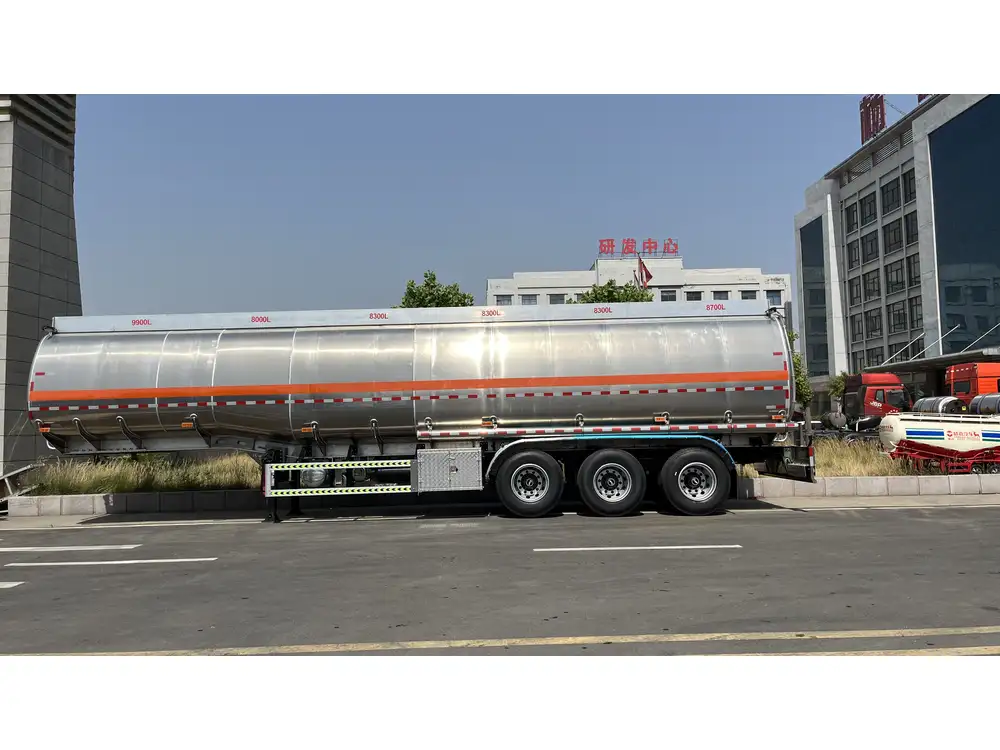
Preventative Repairs
Engage in preventative repairs by reinforcing vulnerable areas and replacing worn or damaged insulation promptly. This proactive approach extends the lifespan of your reefer vans and sustains their operational efficiency.
How CarMax Vehicle Ensures Superior Reefer Van Insulation
At CarMax Vehicle, we prioritize excellence in every aspect of our reefer van manufacturing process. Our commitment to superior insulation is reflected in our meticulous material selection, advanced installation techniques, and stringent quality control measures.
Cutting-Edge Materials
We source only the highest quality insulation materials, ensuring optimal thermal performance and durability. Our partnerships with leading suppliers enable us to offer a diverse range of insulation solutions tailored to specific client needs.
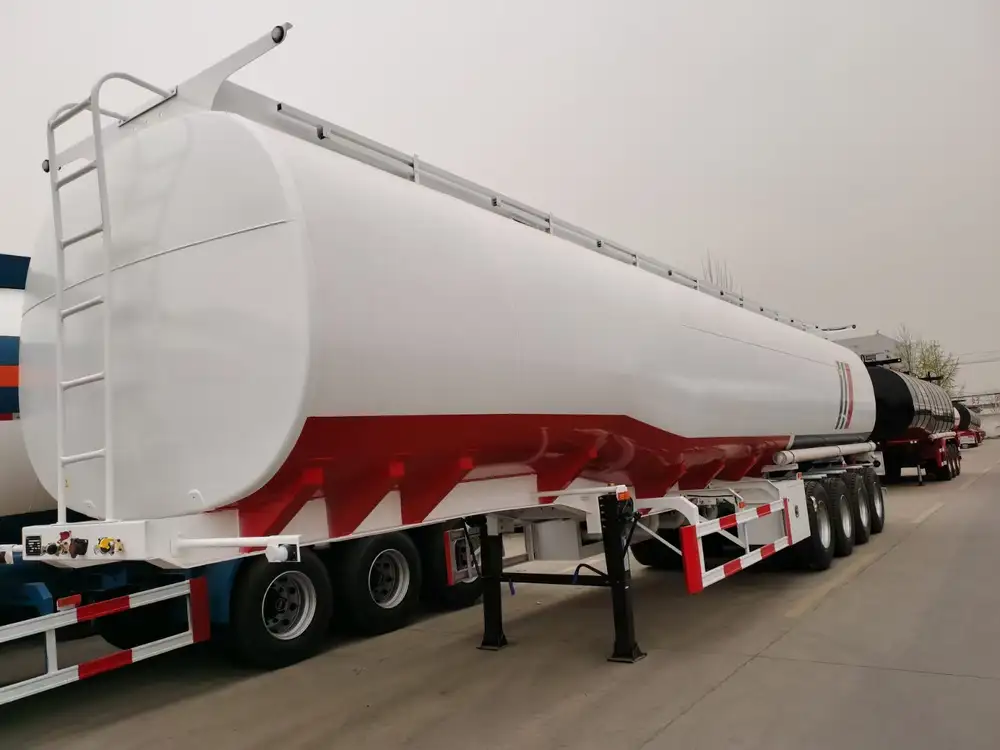
Expert Installation
Our team of experienced technicians employs state-of-the-art installation methods, ensuring that every reefer van meets our rigorous standards. Precision and attention to detail are paramount, guaranteeing that insulation is installed flawlessly for maximum efficiency.
Comprehensive Quality Assurance
CarMax Vehicle implements comprehensive quality assurance protocols, including rigorous testing and inspections at every stage of the manufacturing process. This ensures that our insulated reefer vans deliver consistent performance and reliability.
Custom Solutions
Recognizing that each client has unique requirements, we offer customized insulation solutions. Whether it’s selecting the appropriate material or designing a bespoke insulation layout, we tailor our services to meet your specific operational demands.
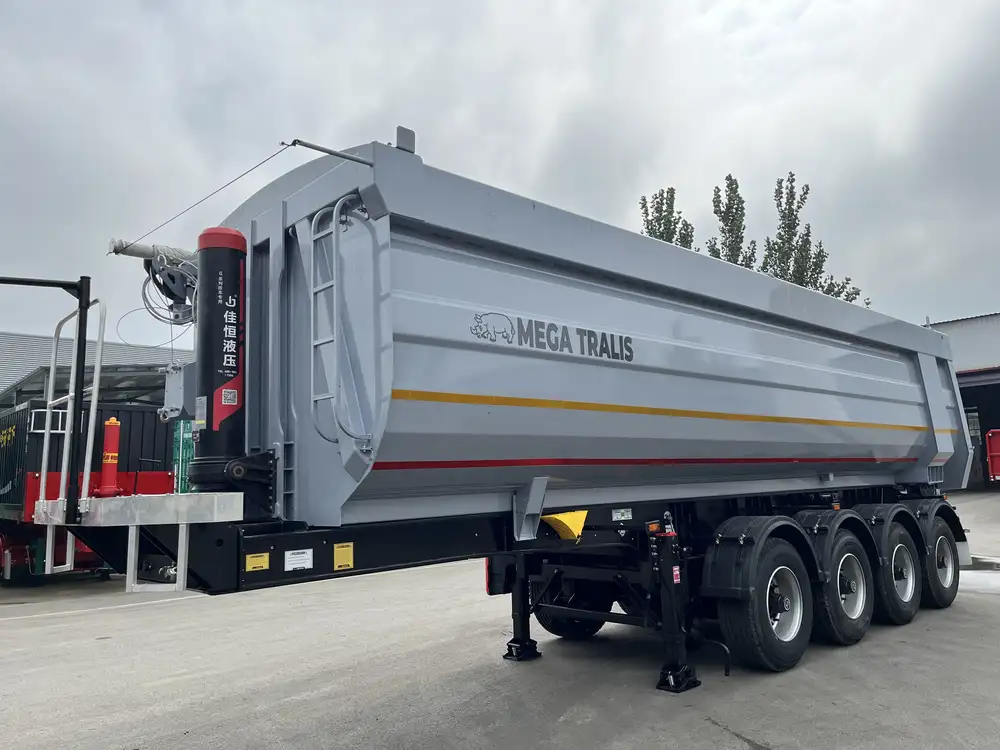
Sustainable Practices
We are committed to sustainability, incorporating eco-friendly insulation materials and practices wherever possible. Our dedication to environmental responsibility ensures that our products not only perform exceptionally but also contribute to a greener future.
Case Study: Enhanced Insulation for Fresh Produce Transport
Client Challenge
A leading fresh produce distributor faced challenges with temperature fluctuations in their fleet, resulting in occasional spoilage and increased energy costs. They sought a reliable insulation solution to maintain consistent temperatures and reduce operational expenses.
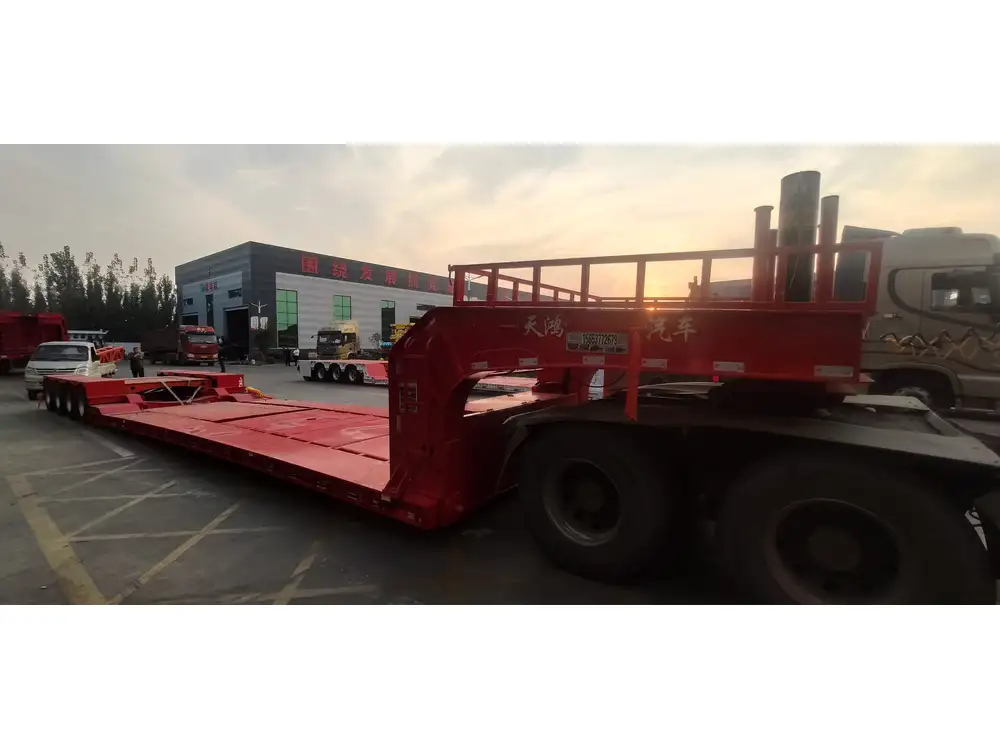
Our Approach
CarMax Vehicle conducted a comprehensive assessment of their existing fleet, identifying key areas where insulation performance could be improved. We recommended the installation of high-density polyurethane foam, complemented by reflective layers to address radiant heat.
Implementation
Our team executed the installation with precision, ensuring seamless integration with the clients’ refrigeration systems. We also implemented enhanced sealing techniques to prevent moisture ingress and thermal bridging.
Results
Post-installation, the client reported a significant reduction in temperature variability, leading to improved cargo preservation. Additionally, energy consumption decreased by 15%, translating to substantial cost savings. The client also experienced increased reliability in their delivery schedules, enhancing overall customer satisfaction.
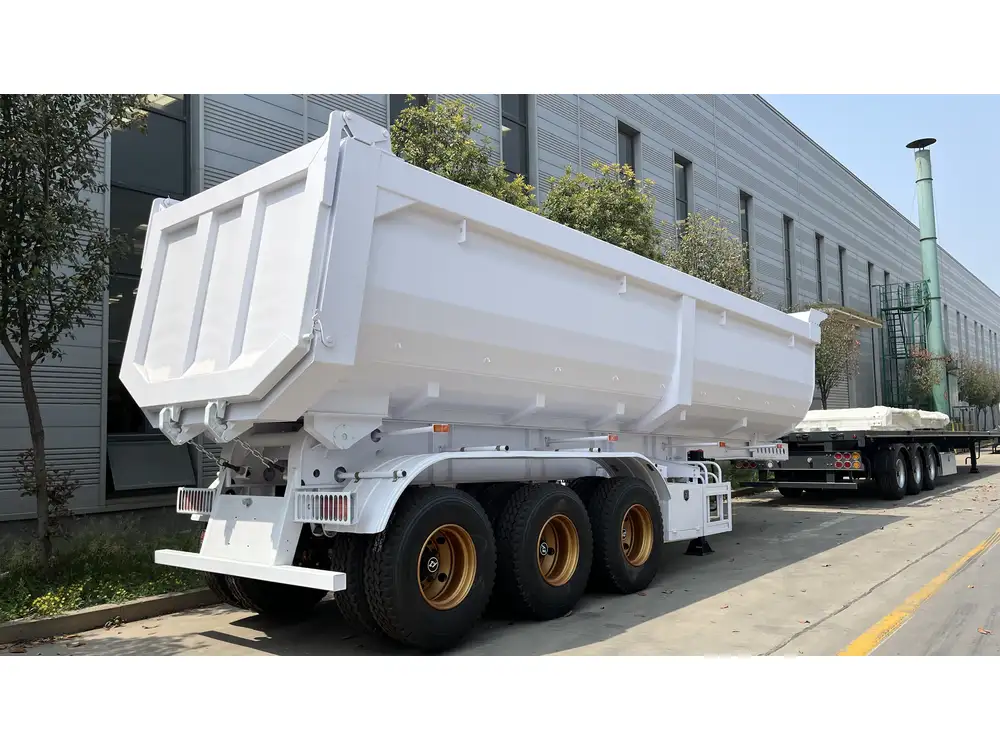
The Future of Reefer Van Insulation
Technological Advancements
The insulation industry is continually evolving, with innovations aimed at improving thermal performance, sustainability, and ease of installation. Developments in nanotechnology and smart materials promise to revolutionize reefer van insulation, offering unprecedented efficiency and adaptability.
Sustainable Materials
As environmental concerns intensify, the demand for sustainable insulation materials is rising. Bio-based foams, recycled fibers, and low-impact reflective barriers are gaining traction, providing eco-friendly alternatives without compromising performance.
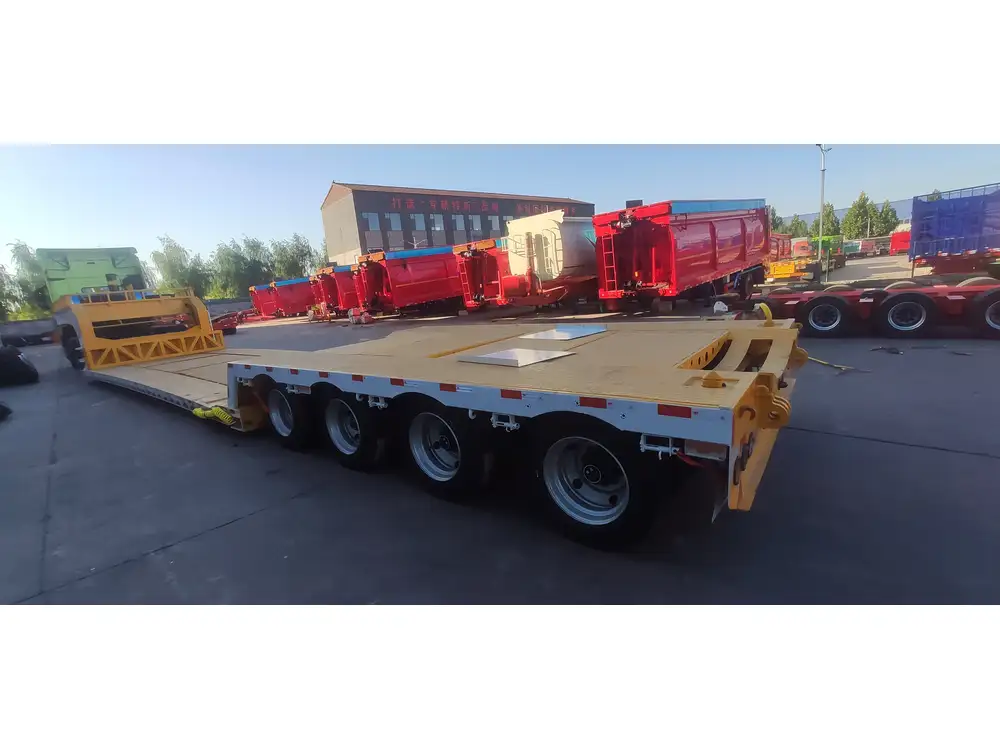
Integration with Smart Systems
The integration of insulation with smart monitoring systems allows for real-time temperature tracking and dynamic adjustment of refrigeration settings. This synergy enhances energy efficiency and ensures optimal cargo conditions at all times.
Customization and Modularity
Future insulation solutions are expected to be more customizable and modular, enabling fleet operators to tailor their insulation setups according to specific routes, cargo types, and environmental conditions. This flexibility enhances operational efficiency and reduces costs.
Choosing the Right Insulation Partner
Selecting a reliable insulation partner is crucial for achieving the best outcomes. CarMax Vehicle stands out as a leader in the field, offering expertise, quality, and dedicated support to ensure your reefer vans perform at their peak.

Expertise and Experience
With years of experience in the manufacturing and insulation of reefer vans, our team possesses the knowledge and skills to address diverse challenges. We stay abreast of industry trends and technological advancements to provide cutting-edge solutions.
Commitment to Quality
Our unwavering commitment to quality ensures that every insulated reefer van meets the highest standards of performance and durability. We employ rigorous quality control measures to uphold our reputation for excellence.
Tailored Solutions
Understanding that no two clients are the same, we offer tailored insulation solutions that align with your specific needs and operational requirements. Our customized approach ensures maximum efficiency and client satisfaction.

Comprehensive Support
From initial consultation to post-installation maintenance, CarMax Vehicle provides comprehensive support at every stage. Our dedicated customer service team is always available to address queries and provide assistance.
Conclusion
Effective reefer van insulation is a cornerstone of successful refrigerated transportation, impacting everything from cargo integrity to operational costs. At CarMax Vehicle, we are dedicated to delivering superior insulation solutions that meet the highest standards of performance, sustainability, and reliability. By leveraging advanced materials, expert installation techniques, and a commitment to quality, we ensure that your reefer vans remain at the forefront of the industry.
Frequently Asked Questions
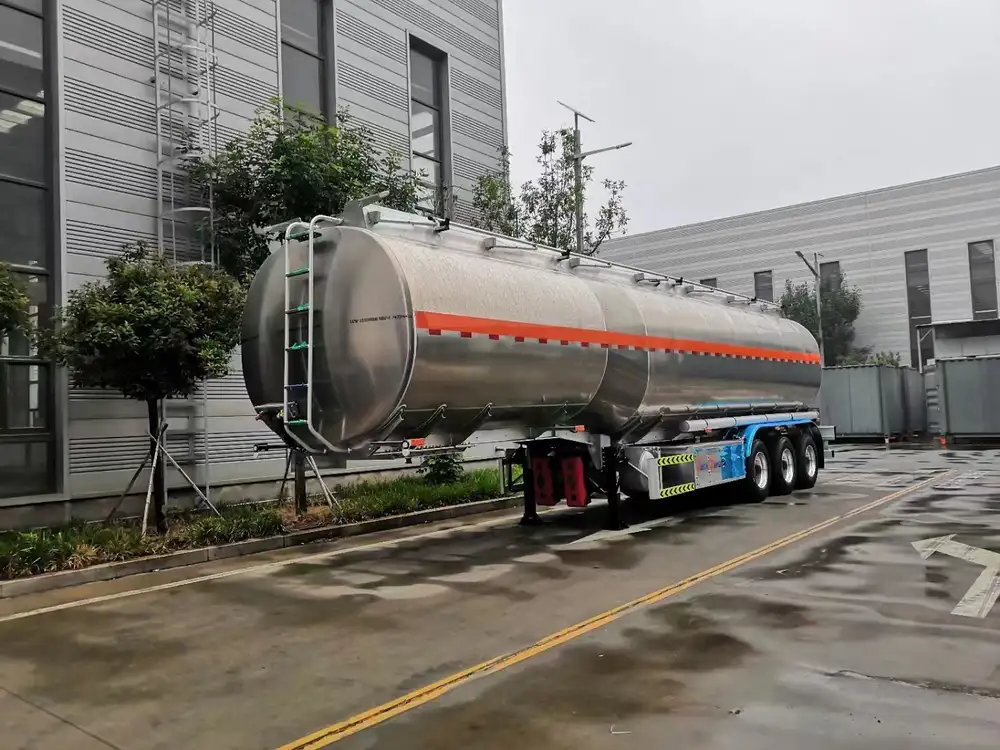
1. What is the best insulation material for reefer vans?
The best insulation material depends on specific needs, but polyurethane foam and extruded polystyrene (XPS) are widely regarded for their superior thermal performance and durability. Polyurethane foam offers excellent thermal resistance, while XPS provides high compressive strength and moisture resistance.
2. How often should reefer van insulation be inspected?
Reefer van insulation should be inspected at least twice a year, ideally before peak seasons. Regular inspections help identify and address any damage or degradation early, ensuring continuous optimal performance.
3. Can I retrofit insulation in my existing reefer van?
Yes, retrofitting insulation is possible and can significantly enhance the thermal efficiency of your existing reefer van. It is advisable to consult with professionals to determine the best materials and installation methods for your specific vehicle.

4. How does insulation affect the energy efficiency of a reefer van?
Effective insulation reduces the workload on refrigeration units by minimizing heat ingress, leading to lower energy consumption. This not only decreases operational costs but also extends the lifespan of your refrigeration systems.
5. Are there eco-friendly insulation options available for reefer vans?
Yes, there are eco-friendly insulation options such as natural fiber insulations and bio-based foams. These materials offer sustainable alternatives without compromising thermal performance, catering to environmentally conscious operators.



